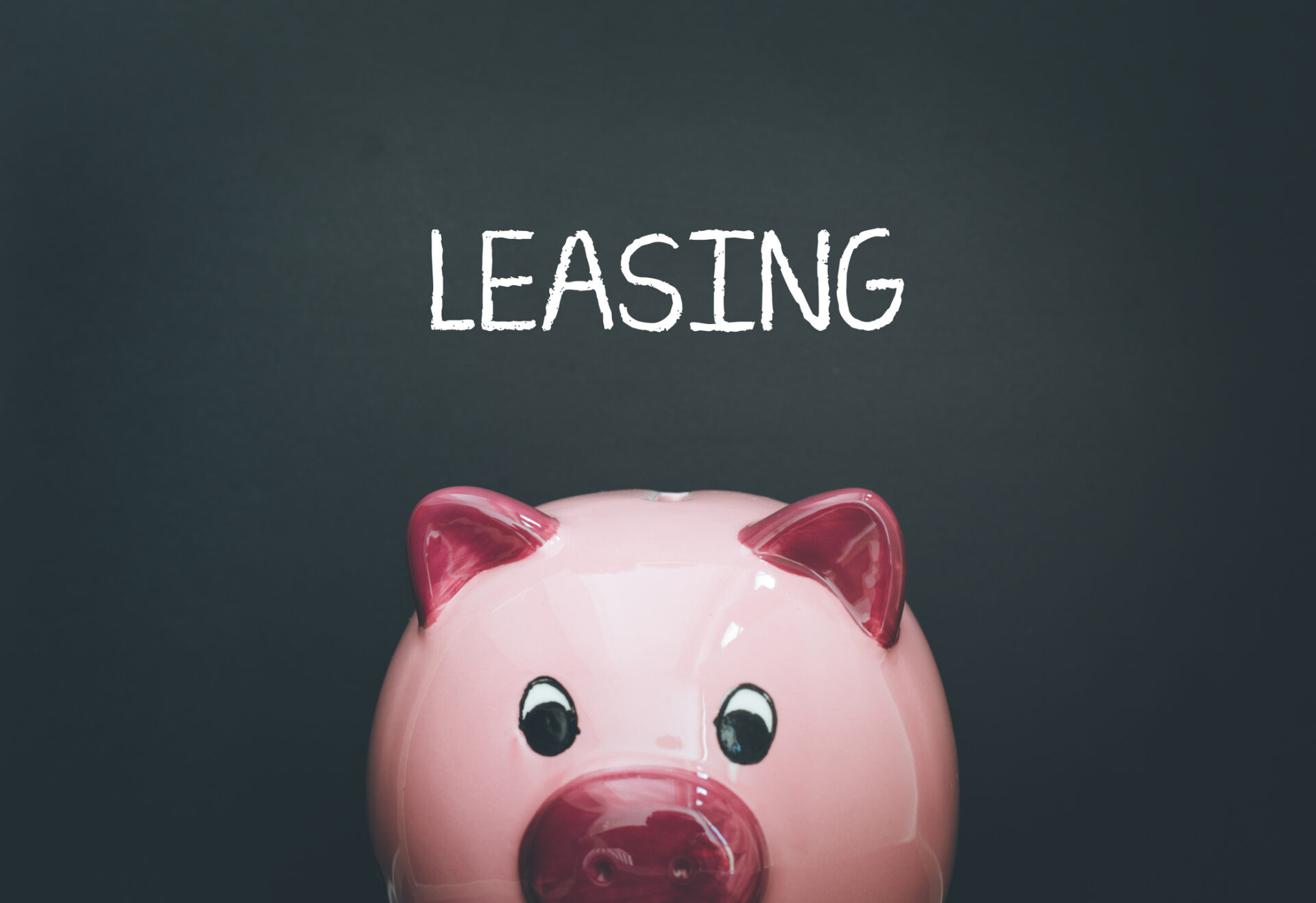No deposit car finance presents a unique opportunity to transform your aspiration of owning a new vehicle into a reality while safeguarding your hard-earned savings. If you’re eager to hit the road in a brand-new set of wheels without the burden of a substantial upfront cost, these financing options are the perfect choice for you.
While a deposit can certainly reduce the initial expense of purchasing a new vehicle, it can be challenging to part with your savings, especially when you’re striving for more substantial financial milestones, such as buying a home. This is where the convenience of no deposit car finance truly shines, offering a seamless and hassle-free solution that allows you to step into the driver’s seat of your dream car without any upfront financial strain.
How No Deposit Car Finance Works
No deposit car finance is precisely what it sounds like – a financing option that doesn’t necessitate an upfront deposit from you. Typically, these finance plans are secured, with the car you’re purchasing serving as collateral, ensuring the lender’s security in case you face difficulties with repayments.
While most car financing arrangements don’t require a deposit, having one is still advisable. It reduces the amount you need to borrow, leading to lower interest costs over the life of the loan.
Why Opt for No Deposit Car Finance
Many prospective car buyers choose no deposit car finance because it enables you to preserve your savings. Rather than depleting your savings account, you can borrow the full vehicle cost, including any associated fees, and make repayments over the loan term instead of paying upfront with cash or credit.
Critical Considerations when Comparing No Deposit Car Finance
Before committing to a no deposit car finance plan, take these factors into account to ensure you secure the best deal:
Loan Amount: Since no deposit is required, the loan amount will be higher. Make sure you can comfortably manage repayments for your no deposit car finance by using a car loan calculator.
Interest Rate: The interest rate significantly influences your total loan cost. Compare interest rates, including fixed and variable options, to find the most competitive rate and save money over the loan’s duration.
Fees: Various fees may be associated with no deposit car finance, including establishment fees, monthly maintenance fees, early repayment fees, additional repayment fees, and late payment fees.
Loan Term: Consider the loan term; longer terms may have lower interest rates but result in more repayments and a higher overall cost.
Repayment Schedule: Review the repayment frequency and check if you can make extra repayments or pay off the loan early without incurring additional charges.
Additional Requirements: Some lenders may require you to purchase loan or car insurance before granting unconditional loan approval.
Applying for No Deposit Car Finance
To apply for no deposit car finance, you’ll typically need to provide a minimum of 100 points of identification, such as a driver’s license, passport, Medicare card, or birth certificate.
Additionally, you’ll need to furnish vehicle details, including make, model, registration number, engine number, purchase price, and whether it’s new or used.
Proof of income is a must, which may include recent payslips, employment verification, employer contact details, and two years of tax returns for self-employed individuals.
Lastly, be prepared to disclose your assets and liabilities, such as property ownership, existing loans, ongoing expenses, and outstanding debts like credit card balances. Lenders use this information to assess your ability to meet car loan repayments without straining your financial situation.
Embark on your car-buying journey with confidence by considering no deposit car finance, designed to keep your savings intact while putting you in the driver’s seat of your dream vehicle.


